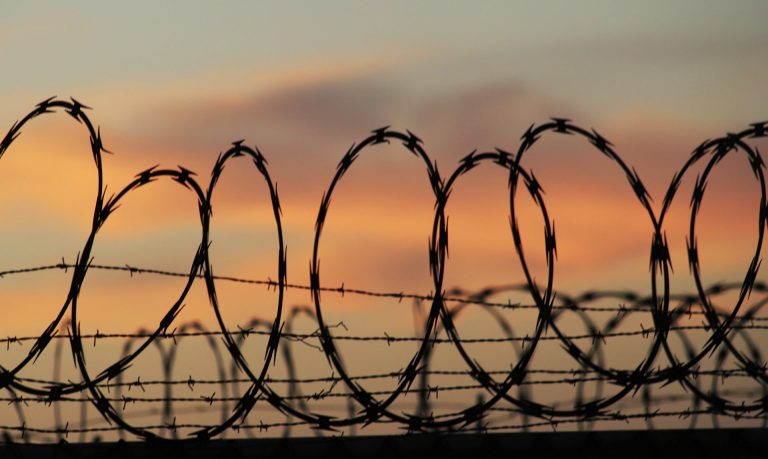A devastating riot at a Honduran women’s prison has reportedly led to the death of 41 inmates.
Harrowingly, officials note that most of the victims were burned to death, and they blame the tragedy on violence from powerful gangs, aka maras.
26 Of The Victims Were Allegedly Burned To Death
According to AP News, the matter unfolded on Tuesday at a prison located in Tamara, Honduras—about 20 miles northwest of the nation’s capital, Tegucigalpa.
Yuri Mora, a police spokesperson, reportedly declared, “The forensic teams that are removing bodies confirm they have counted 41.”
We should add that 26 of the victims were burned to death, and at least seven inmates are getting medical treatment.
As for the cause of the violence, Julissa Villanueva—a director of the country’s prison system—says it was a reaction to measures officers are “taking against organized crime” behind bars.
However, Villanueva declares, “We will not back down.”
Human rights expert Joaquin Mejia tells AP News that a crackdown on the issue of maras smuggling weapons—including “grenades and firearms”—into prisons is one such measure. However, Mejia notes that the violent riot shows that such efforts have proven unsuccessful.
41 Women Shot, Stabbed, or Burned to Death in Honduras Prison Riot – President Blames Street Gang
At least seven inmates are also receiving treatment at a hospital in Tegucigalpa after 26 victims burned to death with the remainder killed from shot or stab wounds pic.twitter.com/5vRyaQyffs
— MOCez🇷🇺🇮🇶🇾🇪🇨🇳🇵🇰🇵🇸🇸🇾🇮🇷🇰🇵☀️ (@Mousacisse1) June 21, 2023
The President Of Honduras Says The Riot Was “Planned By Maras“
Honduran President Xiomara Castro blames the deadly riot on violent gangs known as maras.
In fact, she proclaimed that the matter was “planned by maras with the knowledge and acquiescence of security authorities.”
For context, Bloomberg Línea details that the maras started as Central American street gangs in the U.S. during the 1980s. Mara Salvatrucha (MS-13)—”one of the world’s most brutal street gangs,” per BBC News—is a well-known example.
As Central American gang members began to be deported to their native countries, they took the mara lifestyle with them. It eventually spread, and they have “established themselves in northern Central America as an alternative power to the state.”
Ultimately, the recent prison situation leaves inmates’ relatives worrying about the well-being of their loved ones.
One mother, Azucena Martinez, said she and other parents didn’t know if their children were dead or alive.
“There are a lot of dead, 41 already. We don’t know if our relatives are also in there, dead.”


